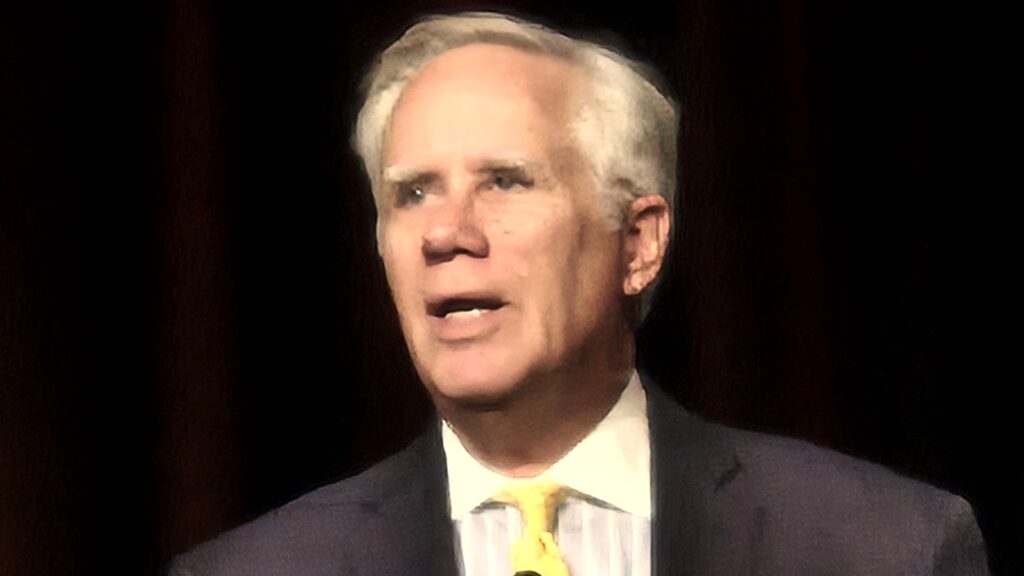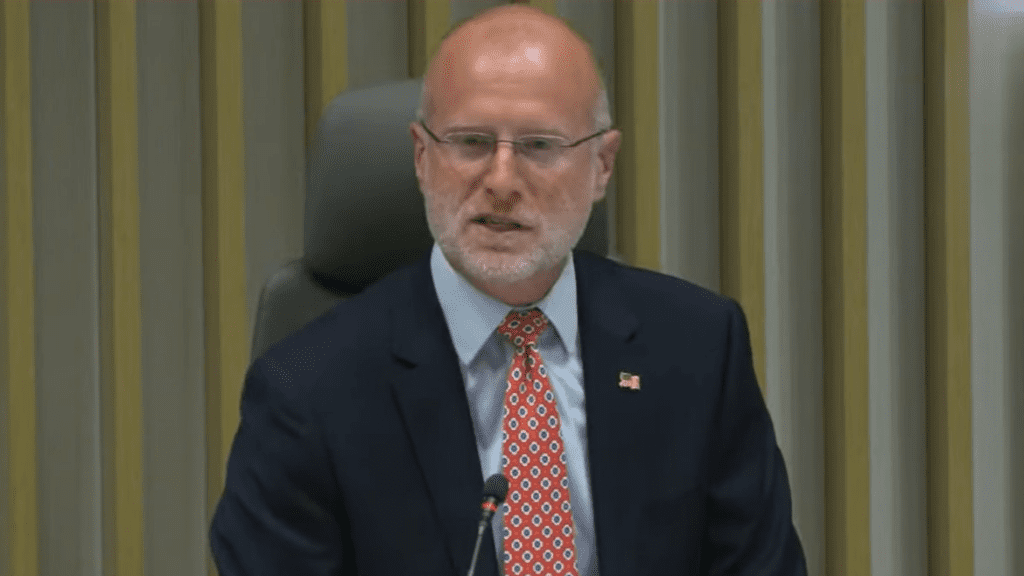Commission Hopes 60-day Unlocking Makes Mobile Service More Affordable
Randy Sukow
|

The FCC today unanimously adopted a Notice of Proposed Rulemaking that would require mobile service providers to “unlock” phones within 60 days after activation. When a consumer buys a phone, it is locked to the carrier selling the device. Contract terms allowing consumers to later activate the phone through a competing provider change from carrier to carrier. The proposed new rule would establish a standard interval when all consumers could start shopping around.
“You bought your phone. You should be able to take it to any provider you want. Some providers already operate this way,” said FCC Chairwoman Jessica Rosenworcel during the FCC’s monthly open agenda meeting. “We can put in place a nationwide standard because it is in the best interest of consumers and competition.”
“For far too long, consumers have faced confusing and disparate cellphone unlocking policies. This lack of consistency across carriers means that some consumers can unlock their phones with relative ease while others face significant barriers,” said Commissioner Geoffrey Starks.
There is general agreement with the goal of increasing competition, but the NPRM looks at a number of issues to determine whether the 60-day rule would be effective. For instance, individuals could attempt to activate service on phones that were lost, stolen or purchased through fraud. According to a draft of the NPRM, some carriers already use the 60-day standard for unlocking phones with post-paid phone service, but tend to have longer time periods for pre-paid service.
Consumers often buy handsets at very low initial installments with the agreement to pay off the cost of the device over several months. Will the 60-day rule result in higher device upfront costs for consumers or create a disincentive for providers to offer extended payment plans? The draft NPRM gives examples of providers that have offered extended payment plans together with 60-day unlocking.
NRTC Mobile Solutions offers its members mobile virtual network operator (MVNO) services, which includes access to nationwide mobile phone coverage, extensive back-office features and options to purchase mobile devices. The FCC asks for public comment on whether the 60-day rule “would benefit smaller providers, new entrants, and MVNOs, by increasing the number of handsets available on the secondary market.”
____
Also during today’s meeting, the Commission, as expected, adopted rules allowing schools and libraries to “loan” WiFi hotspots to students, school staff and library patrons operating outside of schools and libraries walls using the universal service Schools and Libraries program, better known as the “E-Rate.” The item passed by a party-line 3-2 vote.
Much of the controversy over the item concerns the FCC’s authority to divert E-Rate funds to Wi-Fi connections in school buses, bookmobiles or even private homes. “It may be a good idea, but it is not one that Congress has authorized the FCC to carry out,” said Commissioner Brendan Carr. He cited Section 254 (h)(2)(a) of the Communications Act, which limits E-Rate funds to “advanced telecommunications and information services” for “school classrooms and libraries.”
The majority, however, offered an alternative reading of Section 254 which “grants the Commission broad and flexible authority to specify the services and equipment that are eligible for E-Rate support and to adjust the program to evolve with changing circumstances.” It cited past instances when it authorized E-Rate support outside of schools and libraries for special cases.


